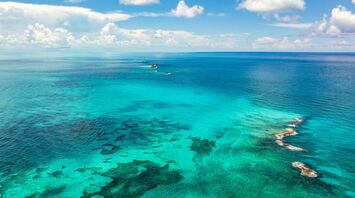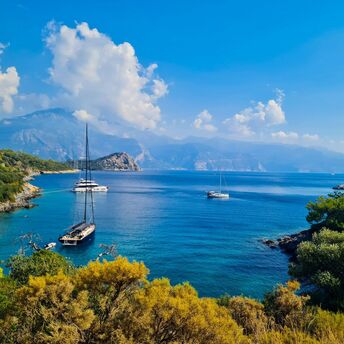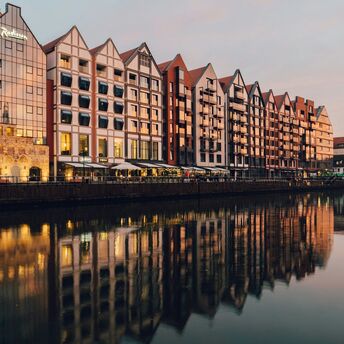Coastal Tourism Faces Climate Challenges

The World Travel & Tourism Council (WTTC) has drawn attention to the escalating environmental risks endangering shoreline and maritime tourism. Speaking during Ocean Action Day at COP Twenty-Nine in Baku, the organization stressed the urgency of prompt ecological funding to defend these regions, which are pivotal to global tourism and hospitality. Surging sea levels, unpredictable weather events, and habitat degradation impose substantial obstacles for destinations relying on their scenic environments to attract tourists worldwide.
An extensive analysis by the WTTC, created in partnership with Iberostar Group and Oxford Economics, highlights that preserving these destinations will demand yearly allocations of up to sixty-five billion dollars. This includes thirty billion dollars directed at curbing carbon output, with the remaining funds targeting responses to environmental pressures. The research underlines the financial significance of waterfront tourism, which in two thousand twenty-three employed fifty-two million people and contributed one and a half trillion dollars to the world economy.
The Maldives, often described as a paradise on Earth, is particularly vulnerable due to its low elevation. Rising sea levels threaten to submerge many of its islands, which are home to luxurious resorts and vibrant marine ecosystems. Travelers are drawn to its clear lagoons and coral reefs, but ongoing environmental degradation could permanently alter this idyllic destination, diminishing its appeal and accessibility. Efforts to restore mangroves and strengthen coastlines are critical for its future.
Similarly, Australia’s Great Barrier Reef, a UNESCO World Heritage site, is facing severe challenges from warming oceans and coral bleaching. This natural wonder, famous for its vibrant marine life and unparalleled diving experiences, attracts millions of visitors annually. However, the loss of biodiversity and damage to the reef’s ecosystem pose significant risks to its tourism appeal. Innovative conservation programs, including coral restoration, are being implemented to protect this iconic site.
For travelers, this highlights the need to adopt sustainable tourism practices to preserve these destinations. Supporting eco-friendly resorts, participating in conservation initiatives, and choosing low-impact activities can contribute to protecting the very places they visit. Beyond personal choices, travelers can advocate for stronger climate action and responsible policies to ensure that future generations can enjoy these extraordinary locations.



















